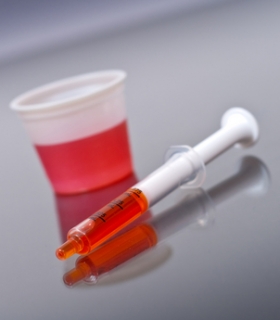Article at a Glance
In the past few years, some big changes have been made to cold and cough medication age guidelines. To keep you up to date, we have pulled together a quick cheat sheet on the new guidelines and the reasons behind them.
Age guidelines: Children under 4 should not use cold and cough medication, and children ages 4 to 6 should only use them when directed by a doctor.
The age guidelines were changed after the Food and Drug Administration and several other organizations expressed concern about the safety and efficacy of these medications in small children. In response, drug manufacturers voluntarily removed infant cold and cough medications from shelves and changed the labeling on children’s products.
Dangerous side effects: Cold and cough medicine can have dangerous and life-threatening side effects, particularly if misused. Side effects can include shallow breathing, uneven or increased heart rate, allergic reactions, confusion, hallucinations, nausea, constipation, convulsions, and extreme drowsiness.
Drop in ER visits: Since the guidelines have been changed, we have seen a sharp drop in emergency room visits related to children using these medications. Before, about 4 percent of ER visits by children under the age of 2 were related to adverse side effects from a medication. After the change, the number dropped to about 2 percent. The majority of these visits are now from children who ingested the medication unsupervised.
Not proven effective in children: According to the American Academy of Pediatrics, a medication should be tested for children before it is allowed to be used by children. Cold and cough medications are no exception. Currently, no studies have shown these medications to be effective when used by children.
New guidelines should be taken seriously: Although it isn’t fun to see your child sick, the symptoms will pass. There is no sense in risking permanent damage for a temporary illness. Remember, these medicines won’t cure or decrease the duration of a cold. Unfortunately, according to a 2013 poll, 40 percent of parents are still giving these medications to their younger children.
How to get treat symptoms: Simple home remedies can be just as effective as-over-the counter medications and they are much safer.
Learn more about home remedies:
Play it safe: Even if your child is old enough to take cold or cough medication, parents need to be careful how they store and administer medications.
